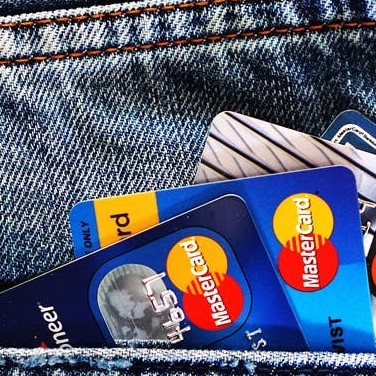Your Credit Score [What You Need To Know]
Table of Contents
Your credit score is critical in your financial life, and if you are not aware of it at this point, it is high time to equip yourself with information as what credit score is, how it is determined, what affects it, and how to maintain its good standing.
First things first: what is a credit score and what is a good credit score?
The entirety of your financial life boils down to just one number: your credit score. A credit score is a three-digit statistical number, anything between 300 and 850, that reflects your creditworthiness based on an analysis of your credit files. Every credit bureau has its own score, but all information is collated by a company called FICO (formerly Fair Isaac Corporation). Lenders and landlords, even employers, pull up this number if they want to see your history of borrowing and paying back the money, so your credit score is what determines whether you can get that loan or not and at what interest.
A score of 720-850 is an excellent credit score; it is considered a “perfect score,” actually. Having this credit score means that you get the best possible rates on loans, credit cards, mortgages, etc.
You will get a lot of credit card offers, qualify for loans, and be assigned lower insurance premiums if your credit score falls between 681 and 720.
With a credit score of 641 to 680, you can possibly qualify for a credit card, but expect your rate to be relatively high.
A poor score is anything under 640. Getting this score means being considered a high-risk borrower, and you don’t want to be tagged as one. This also means that your credit card interest rates will be higher than average and you can’t qualify for a typical loan.
What factors make up your credit score?
Your FICO score is determined by these five factors, in order of importance:
- 35% Payment History. Basically, your timely repayment of borrowed money – whether it’s for a credit card bill, loan, or company finance accounts. Credit history also includes lawsuits, foreclosures, bankruptcies, and other public records.
- 30% Amounts Owed. Even if you pay on time, you can lower your credit score if you owe too much money.
- 15% Length of Credit History. Having a very short credit history can lower your credit score.
- 10% Types of Credits. Even though this only accounts for a tenth of your credit score, a good mix of credit cards, instalment loans, mortgage, and retail accounts.
- 10% New Credit. Opening or applying for several new loans in a short span of time can make you appear that you are in dire need of credit.
Some tips to boost your credit score
- Always pay on time. This is the most obvious and the most important. It would help if you have automatic reminders or payments to ensure that your payments are timely.
- Spend less than your credit limit. One way to raise your score is, maintaining a low “balance-to-limit” ratio.
- Settle old accounts, but do not close them. Doing this will maintain your available credit, and by not using the credit, you lower your “balance-to-limit” ratio.
- Start early. If you still don’t have a line of credit or a credit card, open a new account. Starting early can help get your credit on track.
With these tips in mind and healthy money habits in tow, you are well on your way towards a more stable financial future.
None of the content on Payment1.com is legal or financial advice nor is it a replacement for advice from a certified lawyer or financial professional. Please consult a legal or financial professional for further information.
This article originally appeared on Payment1.com.
Related Articles:
Small Business Loans, [How to Qualify]
Personal Loans {good or bad} Idea?


